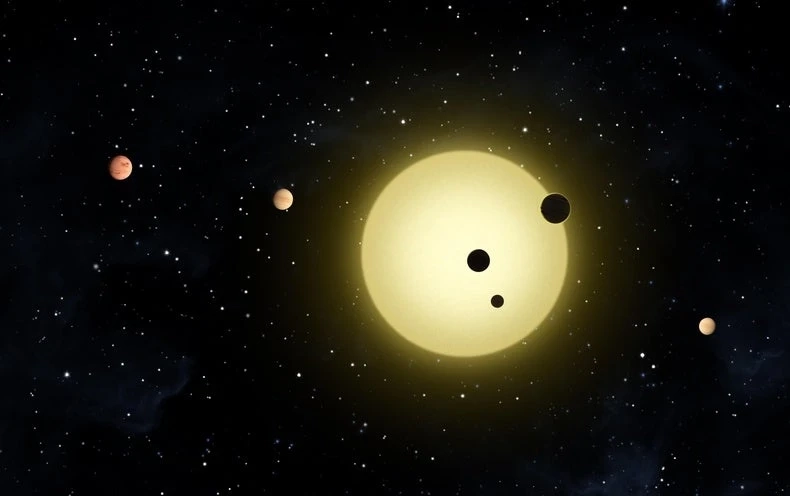Astronomers now need volunteers to search for extrasolar planets in our universe. The astronomers employed at the University of Warwick have joined hands with some volunteers to find hidden worlds around the world. A new initiate on the web has been launched to invite volunteers from around the world to help astronomers in search of hidden worlds.
The latest citizen project on the web is called Planet Hunters NGTS. It is a collaborative observation effort, which also invites application from the general public via an online portal. In this initiative, at least five years of data and digital footage will be analyzed. By using the footage, the workforce would commence analyzing some of the most common and brightest stars in our cosmos. NGTS is an acronym for Next-Generation Transit Search.
It is extensive data, and it would require a lot of AI use and human power. In five years, around twelve telescopes have been used to collect the footage and the data. The telescopes which were used to capture the visual data were robotic telescopes. They installed it in the ESO Paranal Observatory located somewhere in Chile. The entire purpose of the initiative is to search for the exoplanets or at least find evidence supporting the existence of exoplanets.
And, in order to do that, the telescopes need to have precise measurements. The precision should be high and sensitive enough to detect the evidence of exoplanets.
Why Volunteer Collaboration from Public Is Essential for This Project?
The whole project is a collaboration between several universities. Some of the institutes that have now become a part of this project include Geneva University, Queen University, European Southern University, etc.
One of the prominent professors from the University of Warwick named Peter Wheatley, has been an integral part of the project. He has recently given statements to some websites in order to shed some spotlight on the whole project. He has said that he is thrilled to be able to include the general public in the project.
Peter looked high-spirited when he talked about involving armchair astronomers in the project to seek exoplanets in interstellar space. He also added that his team controls the workings of the twelve NGTS telescopes. Furthermore, they also process the data that gets collected from these telescopes.
However, Peter Wheatley feels that some of their computers miss out on some of these solar systems and planets. He also shared that he thinks that some of the details that machines overlook might be the important ones. Therefore, they have decided to get some human volunteers. Wheatley shared his excitement in an interview with phy.org regarding what these human eyes might uncover from the vast expanse of the universe.
Conclusion
There is a lot of data if we are talking about our universe. So, searching for an exoplanet is not a meager task. Hence, a collaborative project called Planet Hunters NGTS has brought in human volunteers to help them seek out exoplanets revolving around the stars in another solar system.


